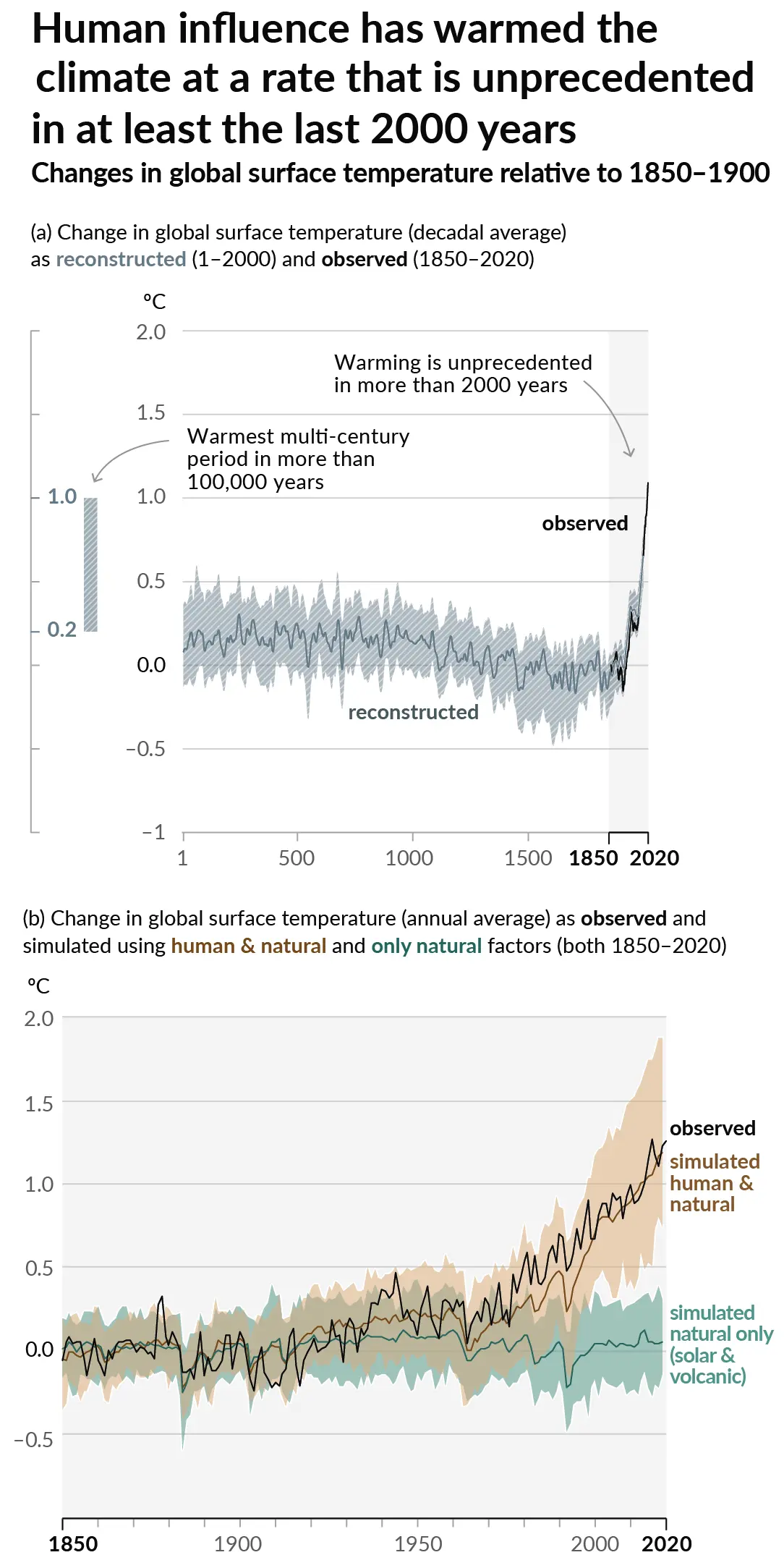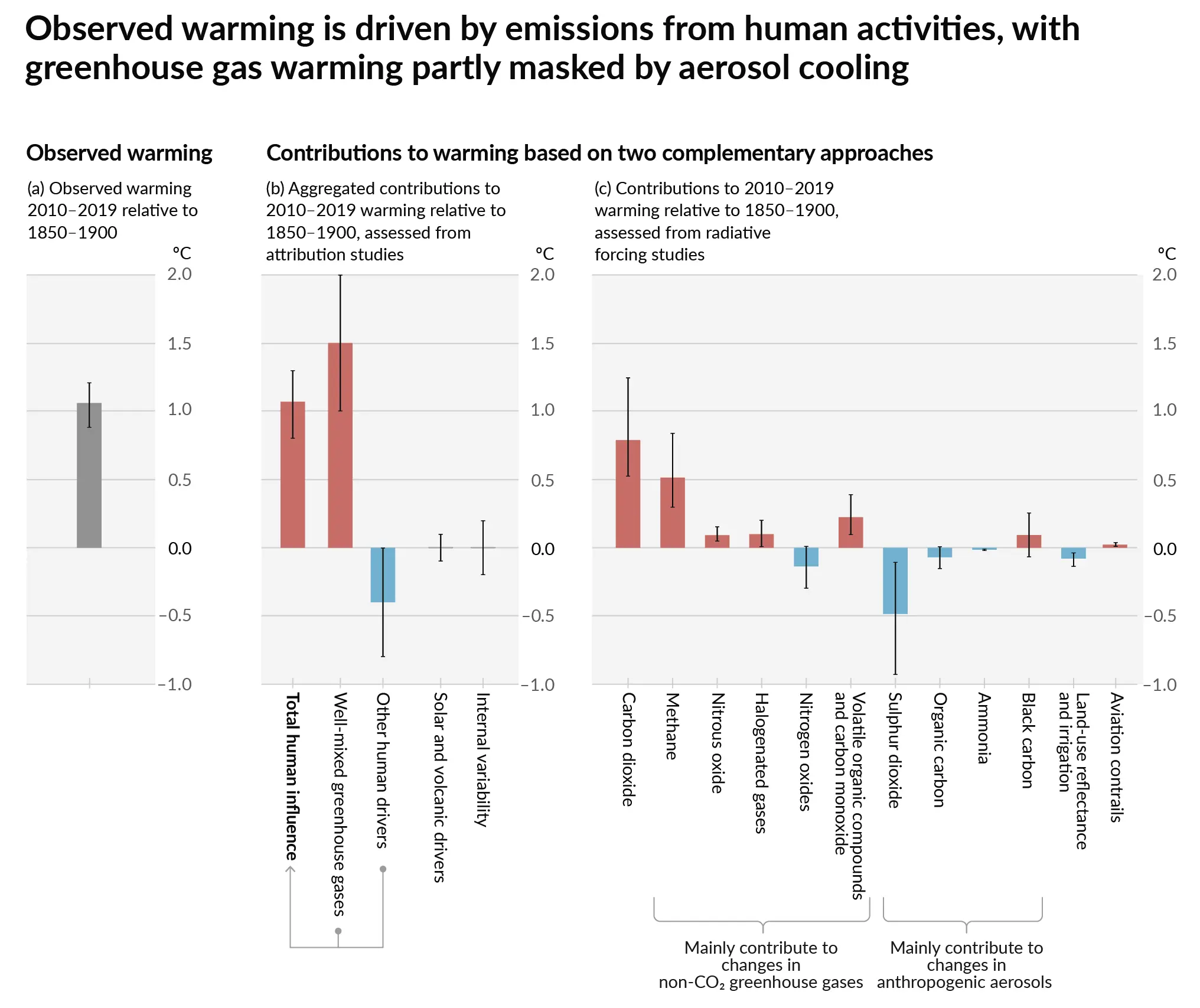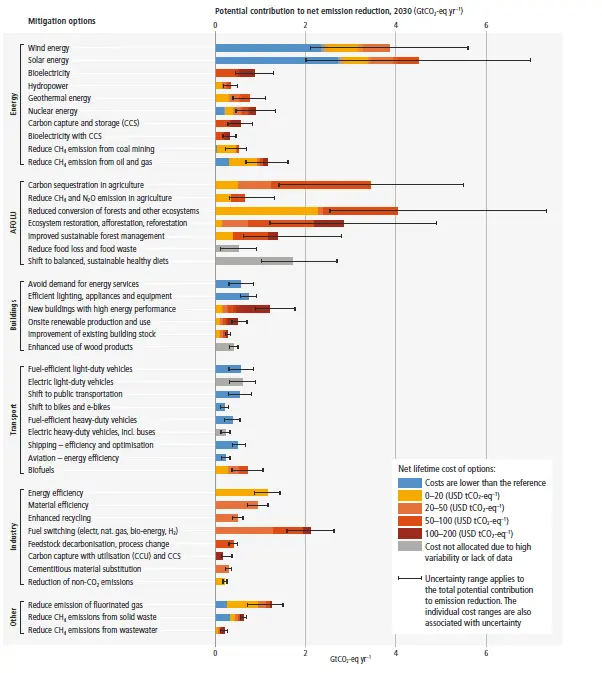168
‘If 1.5m Germans have them there must be something in it’: how balcony solar is taking off
(www.theguardian.com)
Discussion of climate, how it is changing, activism around that, the politics, and the energy systems change we need in order to stabilize things.
As a starting point, the burning of fossil fuels, and to a lesser extent deforestation and release of methane are responsible for the warming in recent decades:

How much each change to the atmosphere has warmed the world:

Recommended actions to cut greenhouse gas emissions in the near future:

Anti-science, inactivism, and unsupported conspiracy theories are not ok here.
what?
Effectively cutting 30% of electricity going into the household isn't going to help the environment? It means less transmission losses. It means less grid infrastructure which consists largely of copper and steel, which both produce a lot of emissions in their production.
Even if it did nothing for the environment, local energy independence is still such a massive boon to any community that it can't be overlooked.
While the panels are important, the main reason why its important to also have the battery component is because most people tend to work when daylight is out (where the house is theoretically using up the least amount of power) thus, if one didn't have a battery, its pushing the power back into the grid. At the same time, power usage tends to spike when it gets closer to night, where solar is ineffective, and relies thus back on the grid if there's no battery. While personally(not the original person) would never claim it does essentially nothing, the battery component is extremely critical for energy independence as the time period people want to minimize grid usage the most should be during the peak hours, which inconveniently is when the sun is down.
These units do not push electricity into the grid unless their fail-saves are bypassed deliberately or fail catastrophically.
Anyway, no, it's not that important. You already have a battery at home- your entire home. If you're overproducing electricity then you can convert it to another medium such as hot or cold air depending on the time of year and save on AC. You can run preload your washer and make it run when production is at peak automatically. Be creative. Most people will not be overproducing electricity with one of these kits.
Additionally, local energy independence is not about being off-grid, it's about being able to charge and use a radio or the internet in an emergency where the grid is out. A solar panel on the balcony provides that, it makes you independent of the grid even if you're still using the grid to run your washing machine and the oven in a non-emergency scenario. A battery will only be a boon to you if you expect the grid to go out for days at a time regularly or if your kit is large enough to actually overproduce at any point, which again, most don't; they supplement.
I don't understand what you mean by this. The time people want to minimize their grid usage is during the hours of 16-19 which is peak usage and when electricity is most expensive. These panels will still provide a decent supplement in that time during the summer half of the year.
In summary, I just don't think a battery is going to add much unless you're expecting to overproduce regularly which a balcony panel isn't gonna do.
edit: I should mention that the larger kits do come with battery options, because those could be expected to overproduce, and thus would be useful.
the suns only up during that time period over the summer. during other parts of the year, it's only partially up. If you have to go for a specific time of the year in order to fix a problem, then it hasn't fixed much of the problem if it only addresses 1/4 seasons. solar is often not that strong during peak usage. It's basically effective if you have a lot of appliances at home that are timed specifically to run when most people are away, which is the part that you have to train an audience to do.
These days we have lots of people with home office. There are appliances like refrigerators and home electronics which contribute to the domestic baseload. With battery buffering and higher production capacity you can flatten the generation peak and increase self-consumption, for the price of longer ROI.